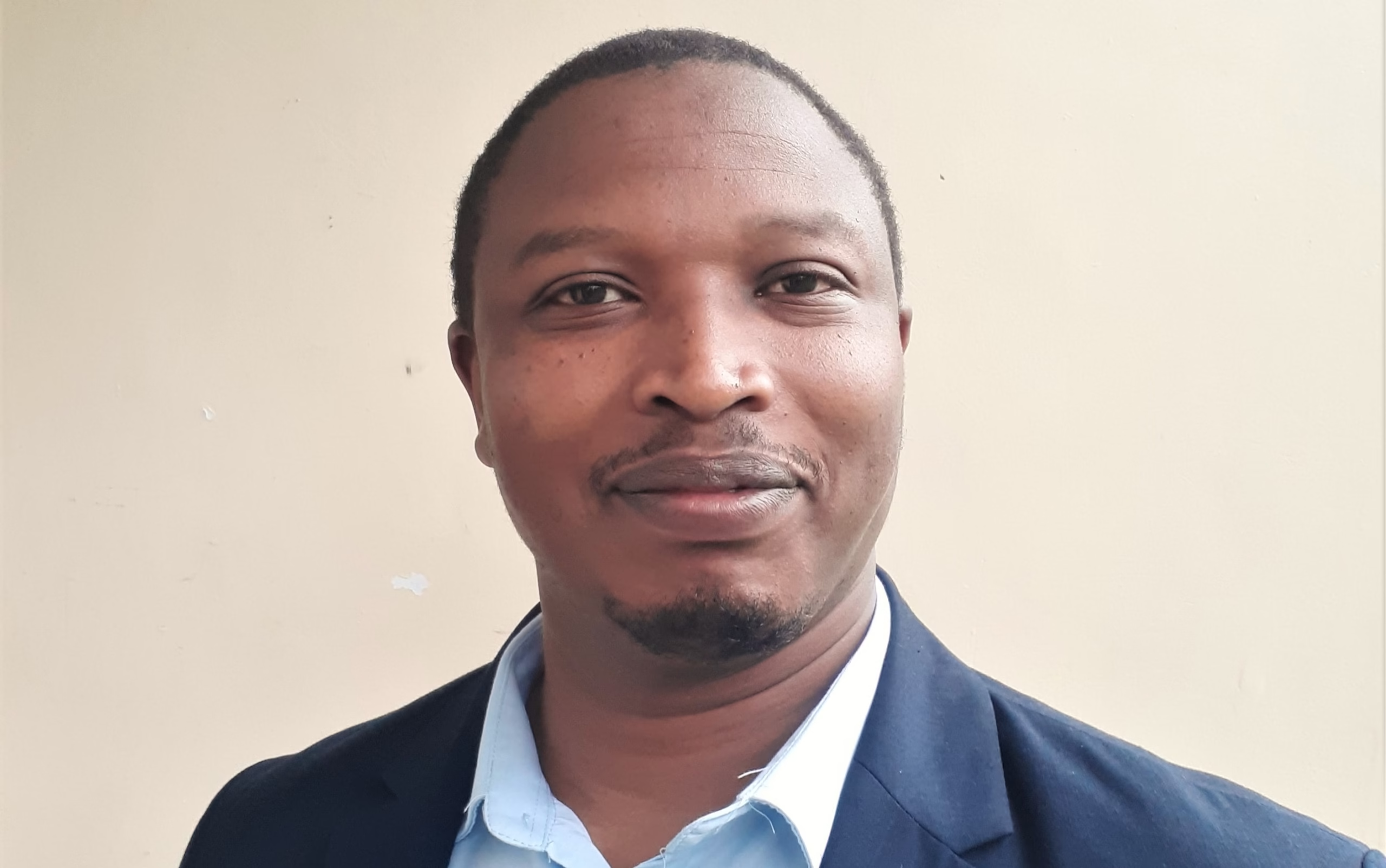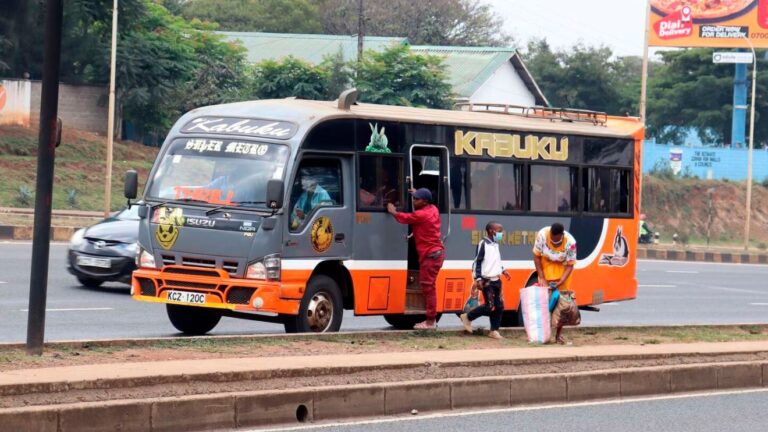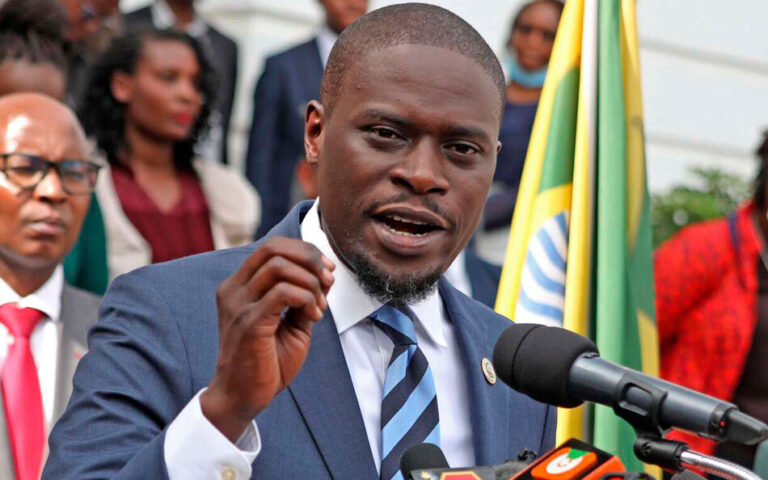
Felix Kiprono, the lawyer representing two police officers accused of shooting a mask seller during recent Nairobi protests, has officially withdrawn from the case, citing relentless threats and harassment from online activists. His exit adds a dramatic turn to an already explosive police brutality case that has captured national attention and stirred fierce debate on social media.
Kiprono was defending police officers Masinde Barasa and Duncan Kiprono, who were captured on video allegedly assaulting a street vendor, Boniface Kariuki, on Moi Avenue on June 18, 2024. The video, which showed officers clobbering Kariuki with batons and attempting to shoot him before he escaped, quickly went viral, triggering widespread outrage. Human rights groups, legal bodies, and Kenya’s vibrant Gen Z-led online community called for immediate action against the officers, with hashtags demanding justice trending for days.
Initially, Felix Kiprono appeared resolute in taking on the defense, stating that every accused individual deserves legal representation. However, the tide soon turned against him. According to his statement released on June 19, he faced over 1,000 phone calls and messages, many of them threatening, after his identity as the officers’ lawyer became public.
This withdrawal raises serious questions about the limits of online activism, the safety of legal professionals, and the future of high-stakes legal defense in Kenya. While digital platforms have become powerful tools for civic mobilization and justice advocacy, Kiprono’s experience demonstrates a darker side, where mob pressure and targeted threats can influence legal proceedings.
Legal experts have expressed concern over this trend. “We must protect the principle of fair representation. If lawyers are too afraid to defend unpopular clients, we undermine the very foundation of justice,” said a senior official at the Law Society of Kenya, speaking anonymously due to the sensitive nature of the case.
The police brutality case now faces procedural complications. With Kiprono’s exit, the two accused officers may face delays as they seek new representation. The court is scheduled to reconvene within the week, but it remains unclear whether new counsel will be present.
In the meantime, online activists, many of whom identify as part of Kenya’s Gen Z movement, continue to push for wider police reforms. While some applauded Kiprono’s decision to step down, citing what they described as a moral stance, others questioned the tactics used to drive him away. “Justice must be pursued through legal means, not threats and intimidation,” one commentator noted on Twitter.
Kiprono’s withdrawal also brings attention to the growing influence of youth-led digital movements in Kenya. These groups, often organized across platforms like X (formerly Twitter), Instagram, and TikTok, have played a significant role in shaping public discourse and demanding accountability. However, this incident reveals the urgent need for balance: while digital activism is vital, it must not jeopardize the rule of law or silence professionals through fear.
As the legal process unfolds, this case could set a precedent, both for how police brutality is handled in Kenyan courts and for how society navigates the tension between public pressure and judicial independence.
For now, the court awaits a new defense lawyer. Victims await justice. And Kenya watches, questioning whether it’s still safe to stand on either side of the courtroom.

